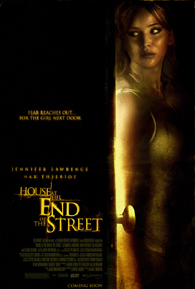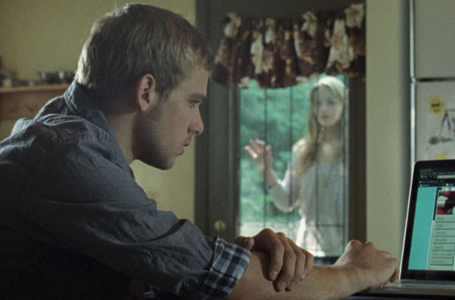
While the film may come across as a somewhat clichéd horror film, the charm of House at the End of the Street is how its premise eschews much of the modern horror and thriller genres and harks back to the twisted psychological and psychosexual thrillers of Alfred Hitchcock and Brian de Palma. It comes as a surprise that this film has very little gore and slaughter. Much of the suspense in the film comes from the asymmetric cat-and-mouse games that are played between Ryan and Elissa, Ryan and Carrie-Anne, and Carrie-Anne and Elissa. Like Hitchcock and de Palma's thrillers, the chills come from not so much the possibility of characters getting carved up on screen but from the implied horror that certain characters have been keeping really dark secrets for very tragic reasons.
The old school premise is matched by Tonderai's stylistic direction, a moody soundtrack, copious Dutch angles, and an above-average cast (for a modern horror/thriller). The only flaw is how Tonderai seems to chicken out of his vision at times by resorting to cheap scares from the horror films that his premise rejects.












 Printable Version
Printable Version



















